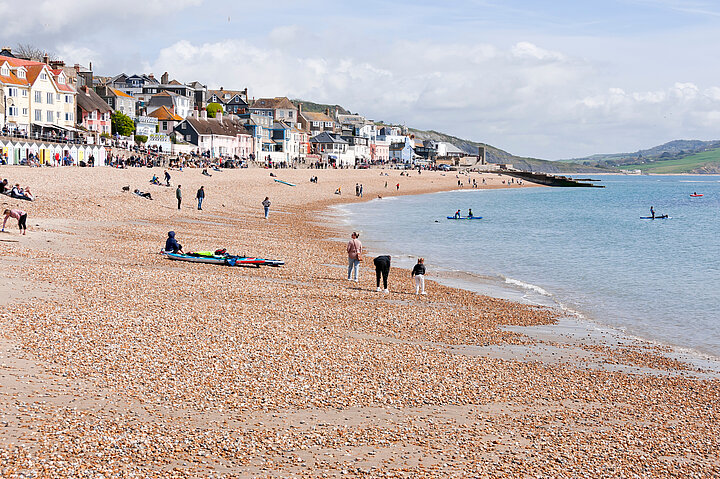Major change for holiday lets
Where properties have qualified for FHL treatment, income has essentially been counted as trading income, giving access to a range of favourable provisions. The change impacts both individuals and companies, and has effect from 6 April 2025 for Income Tax and Capital Gains Tax and from 1 April 2025 for Corporation Tax.
What’s changing?
- Admin: Rather than being calculated and reported separately, as at present, income and gains from FHLs will simply form part of your UK or overseas property business.
- Finance costs: Though other landlords have had relief for loan interest on residential property restricted to relief at basic rate for Income Tax, for FHLs, interest costs have been allowed in full. From April 2025, loan interest for FHLs will be similarly restricted. This will particularly impact those paying tax at higher rates.
- Capital allowances: Rules here have been favourable, giving relief for items like furniture, equipment and fixtures. From April 2025, the rules on capital allowances for FHLs change for new expenditure, and tax relief will come via replacement of domestic items relief. The rules allow that where an existing FHL business has an ongoing capital allowance pool, it can continue to claim writing down allowances on that pool.
- Disposal of business and business assets: Capital Gains Tax reliefs for traders, such as Business Asset Rollover Relief and Business Asset Disposal Relief (BADR) have been available for FHLs. With the change, this access will be blocked, ruling out availability of these significant reliefs in the longer term. Relief may still be available where FHLs are sold prior to the change, and we can advise in more depth here.
- Pensions: Income from FHLs has counted as relevant UK earnings for pensions purposes, a particularly important planning tool as it may mean tax relief can be given for higher contributions. With the change, such income no longer counts.
- Losses: From April 2025, your UK or overseas property business will include the amalgamated profits and losses of all properties in that business. Any losses brought forward from FHLs can be carried forward and set against the future profits of your UK or overseas property business.
Other points to note
- For VAT purposes, the supply of holiday accommodation is standard-rated. It is not an exempt supply.
- Previously, where FHLs have been owned jointly by married couples and civil partners, it’s not been necessary to split income in a 50:50 ratio. Under the new rules, there will be a default 50:50 split, unless action is taken. We can advise further here.
- If you decide to cease trading, action is needed before 5 April 2025, and the timing of the sale of a business or business asset is critical to obtaining relief. Anti-forestalling rules are in place to prevent access to CGT reliefs in specific circumstances.
How will it impact me?
If the changes make remaining in the market less attractive, you do have options. Selling the property is one possibility, though there are also tax implications to take into account here. It might be that the disposal is eligible for BADR, and a 10% tax charge. Where BADR is not available, gains would be chargeable at the new 24% rate for residential property. Another possibility is passing property on, perhaps to the next generation. Again, there are tax consequences to think about, and we can advise further here. In some cases, incorporation may be appropriate. This would have to be balanced against the cost of stamp duty and CGT on the transfer.
Finally, if you decide to continue in the holiday market, be aware that tax bills are likely to increase and that scope for pension provision falls.
Working with you
There is a small window of opportunity in the run-up to April 2025 to take stock of these changes and consider whether you might want to restructure your affairs. In this article we have only been able to look at some of the headline issues involved, but we can advise more fully on exactly what the change will mean for you. Please do get in touch.

